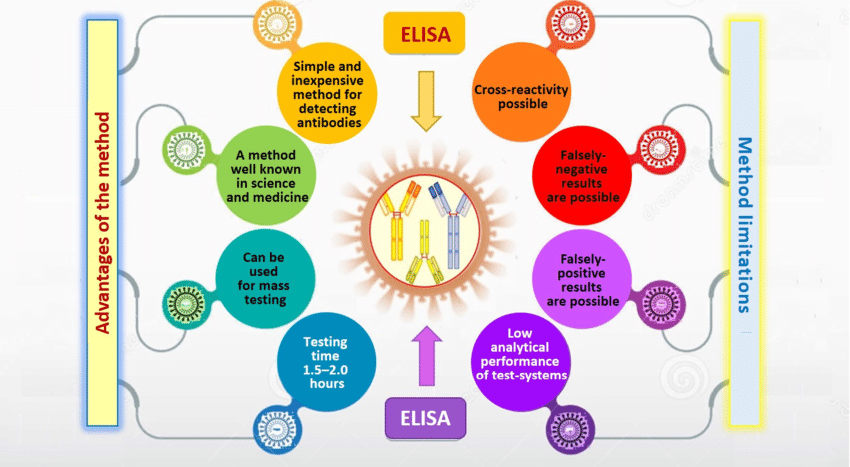Abstract: Vitamins A, D, and E are essential micronutrients playing vital roles in maintaining human health. Accurate assessment of their serum levels is crucial in various research and clinical settings. While traditional immunoassays like ELISA have been widely used, limitations in specificity and sensitivity, especially for multiplexed analysis, have necessitated the exploration of alternative methods. Liquid Chromatography-Tandem Mass Spectrometry (LC-MS/MS) with Atmospheric Pressure Chemical Ionization (APCI) offers a powerful solution, providing a sensitive, specific, and streamlined approach for simultaneous vitamin ADE detection in serum samples.
Limitations of Traditional Vitamin Assays:
- Specificity: ELISA assays may exhibit cross-reactivity with structurally similar molecules, leading to potential overestimation or underestimation of target vitamins.
- Sensitivity: ELISAs often struggle to detect low vitamin concentrations, particularly relevant for marginal deficiencies.
- Multiplexing Challenges: Simultaneous analysis of multiple vitamins with traditional assays can be cumbersome and require separate procedures for each vitamin, decreasing efficiency.
Advantages of LC-MS/MS APCI for Vitamin ADE Analysis:
- Enhanced Specificity: LC-MS/MS separates analytes based on their mass-to-charge ratio (m/z), providing superior specificity for individual vitamin A, D, and E isoforms. This minimizes interference from structurally similar compounds that may plague immunoassays.
- Improved Sensitivity: LC-MS/MS offers significantly greater sensitivity compared to ELISAs. This allows for detection of low vitamin concentrations in serum samples, enabling a more comprehensive assessment of vitamin status, including marginal deficiencies.
- Multiplexing Capabilities: A significant advantage of LC-MS/MS is its ability to simultaneously quantify multiple vitamins within a single analysis. This streamlines workflow efficiency by eliminating the need for separate assays for each vitamin.
- Reduced Matrix Effects: APCI ionization offers a gentler approach to sample ionization compared to electrospray ionization (ESI) commonly used in LC-MS/MS. This minimizes matrix effects caused by co-extracted components in the serum sample, leading to cleaner chromatograms and improved accuracy of vitamin quantification.
Unveiling the Power of LC-MS/MS APCI:
LC-MS/MS APCI technology offers several advantages for researchers and clinicians studying vitamin status:
- Comprehensive Analysis: Simultaneous detection of vitamins A, D, and E isoforms provides a more holistic picture of an individual's vitamin profile.
- Improved Diagnostic Accuracy: Enhanced specificity and sensitivity of LC-MS/MS APCI can lead to more accurate diagnosis of vitamin deficiencies compared to traditional methods.
- Streamlined Workflows: Multiplexing capabilities significantly reduce analysis time and resource consumption compared to running separate assays for each vitamin.
Integration into Research and Clinical Settings:
The adoption of LC-MS/MS APCI for vitamin ADE analysis is gaining momentum in various applications:
- Nutritional Research: Assessing vitamin status in different populations to understand dietary patterns, potential deficiencies, and the impact of dietary interventions.
- Clinical Studies: Monitoring vitamin levels in response to supplementation protocols or dietary changes in clinical trials.
- Diagnosing Vitamin Deficiencies: Providing a more accurate and comprehensive assessment of vitamin A, D, and E status compared to traditional methods, aiding in earlier diagnosis and intervention for vitamin deficiencies.
Future Directions:
The future of LC-MS/MS APCI for vitamin analysis holds promise for further advancements:
- High-Throughput Analysis: Automation of sample preparation and development of faster chromatographic methods can significantly increase sample throughput for large-scale studies.
- Expanded Metabolite Profiling: LC-MS/MS can be adapted to explore the analysis of vitamin metabolites, providing insights into vitamin metabolism and utilization within the body.
Conclusion:
LC-MS/MS APCI technology offers a significant leap forward in vitamin A, D, and E analysis. By overcoming the limitations of traditional assays, it offers researchers and clinicians a powerful tool for comprehensive, specific, and sensitive assessment of vitamin status. This technology has the potential to revolutionize our understanding of vitamin biology and its impact on human health, paving the way for improved nutritional interventions and personalized healthcare strategies.
For more about LC-MS/MS APCI technology watch the video below.
